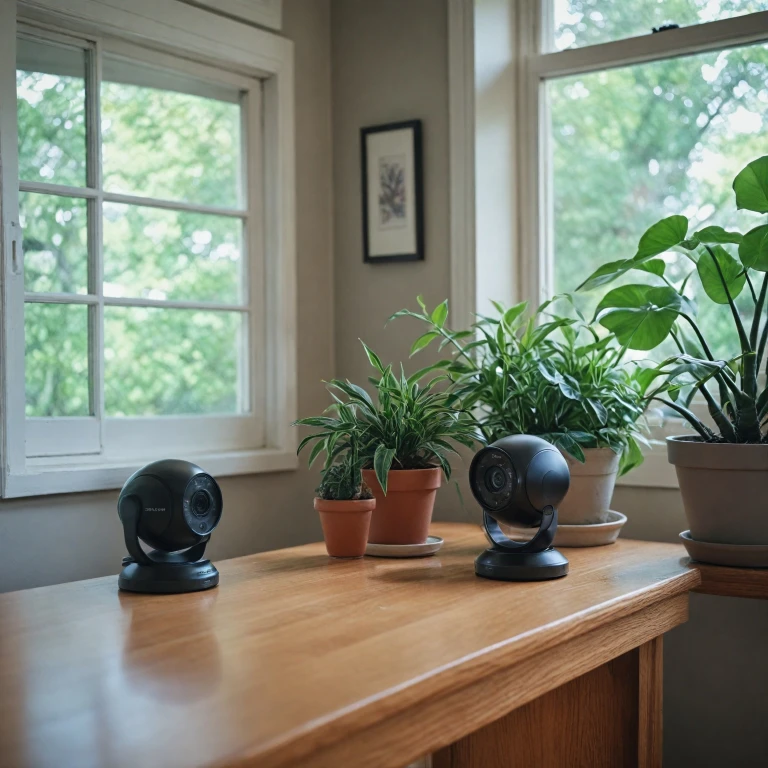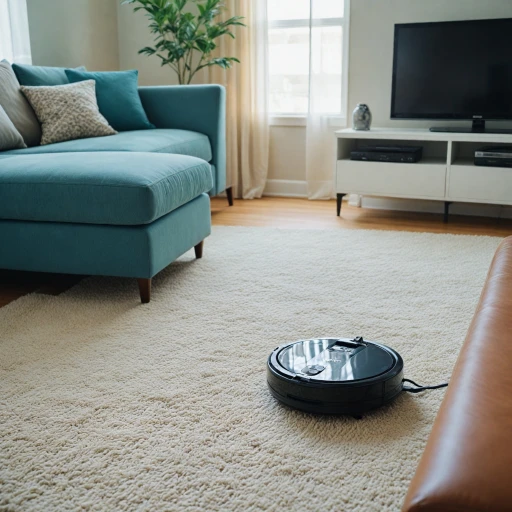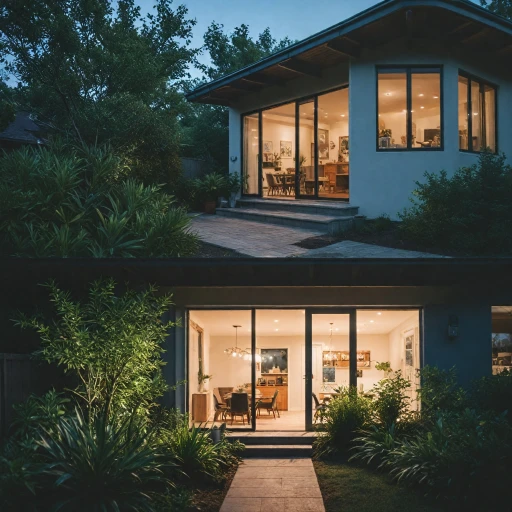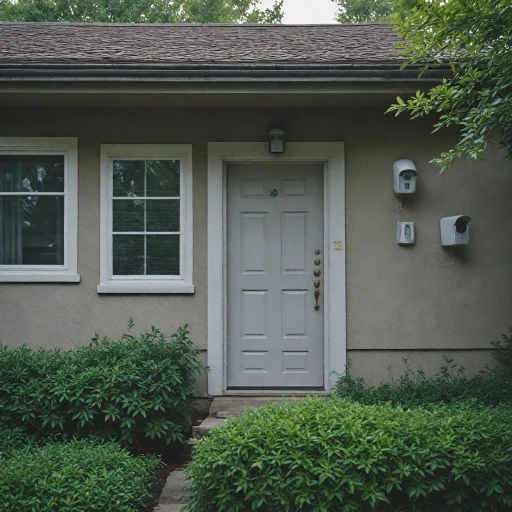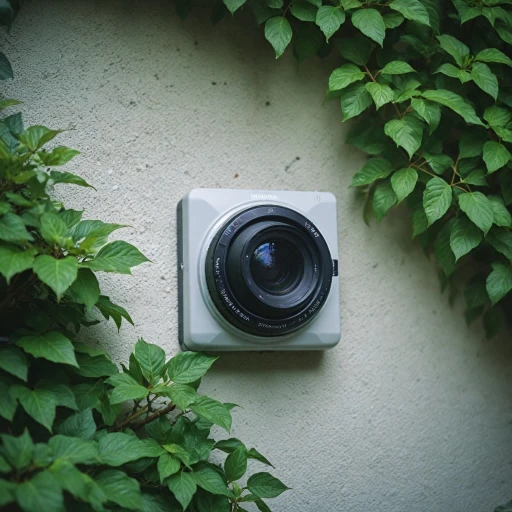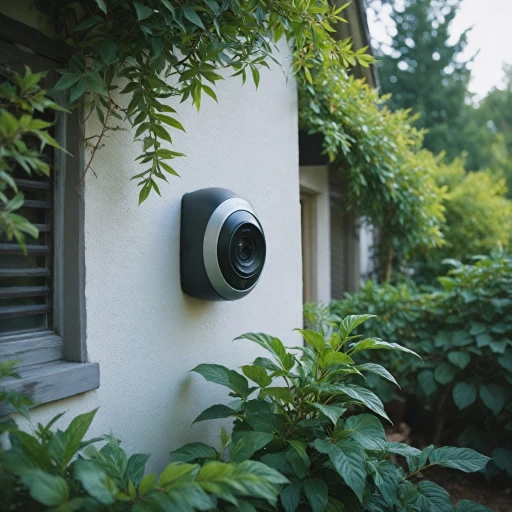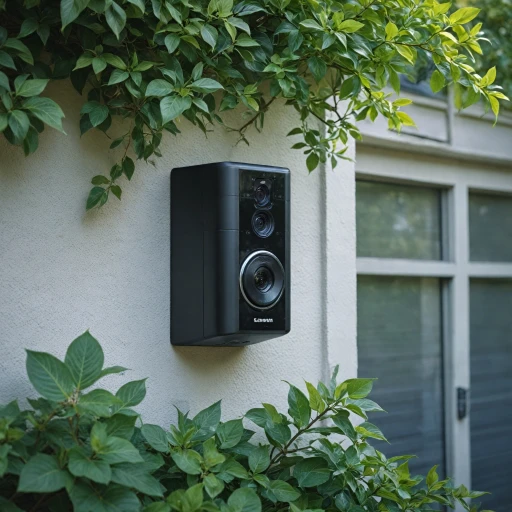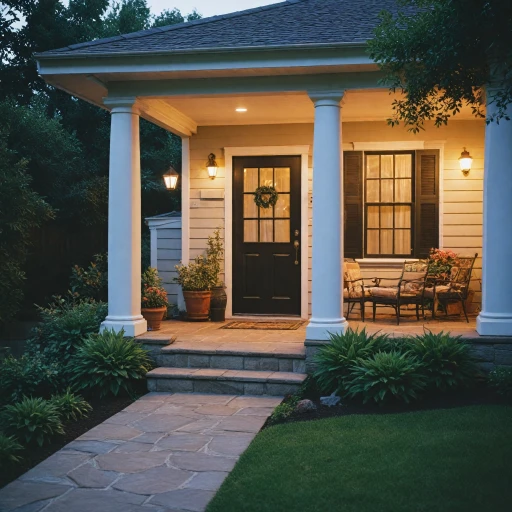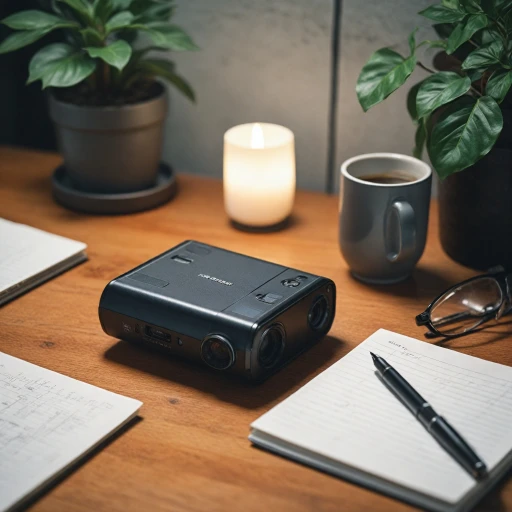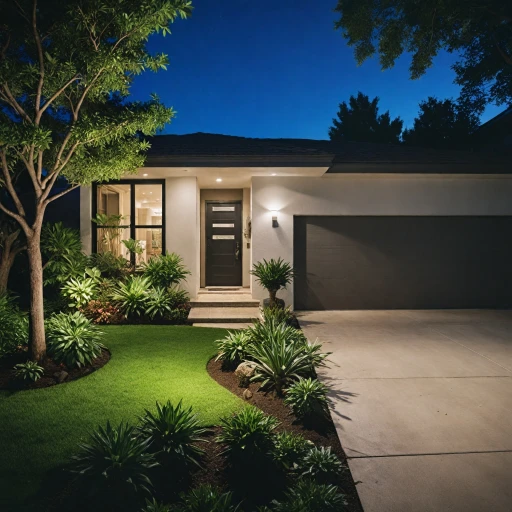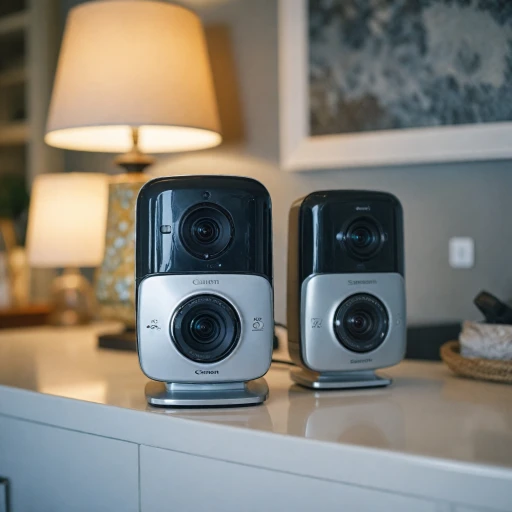
Understanding the Basics of Eufy and Reolink
Exploring the Basics of Home Security Options
When diving into the world of home security cameras, two brands often stand out in the industry: Eufy and Reolink. Both brands offer a range of security cameras designed to enhance your home security through cutting-edge technology and user-friendly features. Understanding the differences between the two can help you make an informed decision for your home security needs.
Many consumers prioritize essential components such as camera resolution, power options, recording capabilities, and smart integration. Eufy and Reolink cater to these preferences with their distinct offerings.
Eufy is known for its seamless smart integration and high-resolution cameras, including options like the Eufy SoloCam. These cameras often feature battery powered solutions, ensuring flexibility in installation. Eufy emphasizes local storage, allowing users to bypass cloud subscription fees if desired.
Reolink, on the other hand, offers a mix of wired, wireless, and POE (Power Over Ethernet) solutions. Their lineup includes features like solar-powered cameras and continuous recording options. Reolink cameras are also praised for their field view and low-light capabilities, making them suitable for diverse environments.
Both brands support smart home ecosystems, integrating with platforms like Alexa and Google Assistant. This makes it easy to manage your security system using voice commands or through an app.
With the basics covered, diving into the key features, pricing, user experiences, and ultimately making the right choice for your home can guide you in selecting the best security camera. Stay tuned as we explore these elements more thoroughly in subsequent sections of the discussion.
Key Features of Eufy Cameras
Outstanding Features of Eufy Cameras
When considering home security cameras, Eufy boasts an impressive array of features that make it a strong contender in the market.- Smart Integration and Storage Options: Eufy cameras seamlessly integrate with Alexa and Google Assistant, allowing for voice control. They offer both local and cloud storage options, giving users flexibility in managing their security footage without relying solely on subscription fees. Moreover, some models come with a microSD card, facilitating convenient local storage.
- Battery and Power Flexibility: Designed for versatility, Eufy provides models like the Eufy SoloCam, which are battery-powered for easy, wire-free installation. Some versions even support solar panels, making them ideal for environments where power supply might be a concern, enhancing their adaptability.
- High-Resolution and Night Vision: The cameras offer high resolution ensuring clear imaging. For night-time security, Eufy includes robust night vision capabilities, including color night vision for some models, improving clarity in low-light conditions.
- Field of View and Recording Modes: Eufy security cameras come with an extensive field of view, capturing more area than many competitors. They also offer continuous recording options as well as motion-triggered recording, so you can choose according to your needs.
Key Features of Reolink Cameras
Exploring Reolink Camera Features: What Sets Them Apart?
Reolink cameras have carved a niche in the home security market with their diverse product range and innovative features. Here’s what you need to know about what Reolink has to offer:- Power Options: Reolink provides both battery powered and solar powered cameras, catering to various installation preferences. With the inclusion of solar panels, their cameras are ideal for locations where power outlets are scarce.
- Video Quality: With options for up to 4K resolution, Reolink cameras ensure crystal-clear footage. This high resolution is essential for identifying crucial details, like faces or license plates, especially in areas with low light conditions.
- Storage Solutions: Reolink offers flexibility in storage with choices for local storage through microSD cards and cloud options. The support for continuous recording gives users the assurance of never missing significant events.
- Smart Integration: Designed to integrate seamlessly with smart home ecosystems, Reolink cameras are compatible with both Alexa and Google Assistant, making voice control a convenient feature for users.
- Advanced Night Vision: Featuring color night vision capabilities, Reolink stands out in the security cameras sector. Their cameras perform exceptionally well in providing clear images even in complete darkness, enhancing nighttime security.
Pricing and Value for Money
Evaluating the Cost-Effectiveness of Eufy and Reolink Cameras
When choosing between Reolink and Eufy cameras, pricing can be a significant factor in your decision-making process. It's crucial to consider not just the upfront cost but also the long-term value and any additional expenses associated with these security cameras. Eufy cameras are known for offering a balance between advanced features and affordability without the requirement for ongoing subscription fees for cloud recording. Many Eufy models provide local storage options, which means once you purchase the camera, your storage costs are virtually nonexistent. This can be a big plus if you're looking for ways to save money over time. Additionally, the Eufy SoloCam models are battery powered and offer compatibility with solar panels, helping you potentially save on energy costs. Reolink security cameras, on the other hand, come with various price points, reflecting their diverse range of features. They offer flexible storage options, including both local storage via microSD cards and optional cloud storage services. Depending on your setup, Reolink cameras can be found with either battery or wired options, such as PoE (Power over Ethernet) for those who prefer a constant power supply without the hassle of recharging. Here’s a quick comparison to help weigh your options:- Initial Cost:
- *Eufy:* Generally mid-range, offering great quality features for the price.
- *Reolink:* Offers a wide range from budget-friendly to high-end models to match different user needs.
- Subscription Fees:
- *Eufy:* No mandatory subscription fees, mostly relies on local storage.
- *Reolink:* Offers cloud storage which may incur additional fees but is optional with local storage available.
- Long-term Savings:
- *Eufy:* Beneficial due to local storage, lowering long-term expenses.
- *Reolink:* Potentially higher lifetime cost with optional cloud storage fees.
User Experience and Customer Feedback
User Impressions: Navigating the Differences
The user experience with both the Eufy and Reolink security cameras is largely shaped by personal preferences and specific use cases. While browsing user reviews, a few defining attributes stand out for each.
Reolink User Experience
- Reolink security cameras are often praised for their multiple storage options including cloud and local storage. The ability to use a microSD card or a PoE (Power over Ethernet) connection offers flexibility in setup.
- Users appreciate the uninterrupted recording capability and continuous recording of Reolink’s wired cameras. The option for solar panel powering adds to their appeal for those looking to maintain an eco-friendly home security system.
- Reolink’s app interface generally receives positive feedback. Its ease of use and smart integration with platforms like Alexa and Google Assistant enhances the experience. However, there are occasional reports of connectivity issues, particularly when using battery-powered models.
- Users have noted that the customer service experience can vary, often depending on the region.
- Eufy users often highlight the lack of subscription fees as a significant advantage over competitors like Arlo. The primary selling point is the local storage feature which ensures privacy and autonomy.
- The Eufy Solocam, a popular battery-powered model, receives praise for its smart design and battery solar options. Users find the setup process straightforward, especially for the wireless models with options for color night vision.
- A common positive mention is the integration with smart home systems, which remains seamless. However, some users report occasional glitches with the Eufy app, which may need attention with software updates.
- Customer support for Eufy is typically rated as responsive, providing peace of mind for troubleshooting or installation queries.
Making the Right Choice for Your Home
Choosing the Best Fit for Your Home
When it comes to selecting between Eufy and Reolink security cameras, several factors should guide your decision. Both brands offer a range of features that cater to different needs, but understanding your specific requirements will help you make the right choice.
Consider Your Power and Storage Preferences
If you prefer a battery-powered option, both Eufy and Reolink provide models that can operate without being wired, offering flexibility in placement. Eufy’s battery solar options are particularly appealing for those looking to minimize maintenance with solar panel charging. On the other hand, Reolink’s PoE (Power over Ethernet) cameras are excellent for those who prefer a wired solution with continuous power and recording capabilities.
Evaluate Smart Integration and Features
Smart home integration is another crucial aspect. Eufy cameras often come with seamless integration with Alexa and Google Assistant, making them a smart choice for homes already equipped with these systems. Reolink also offers smart integration, but it’s essential to check compatibility with your existing devices. Additionally, consider features like color night vision and low light performance, which can significantly enhance security during nighttime.
Storage and Recording Options
Both brands offer local storage options, such as microSD cards, which can be a cost-effective solution to avoid subscription fees. However, if you prefer cloud storage for added security, check the subscription plans available. Eufy’s local storage options are robust, while Reolink provides flexible cloud and local storage solutions.
Assessing Value for Money
Pricing is always a consideration. Eufy tends to offer competitive pricing with no subscription fees for local storage, making it an attractive option for budget-conscious consumers. Reolink, while sometimes higher in price, offers a variety of models that cater to different needs, from basic to advanced security features.
Ultimately, the choice between Eufy and Reolink will depend on your specific needs, whether it’s battery life, smart features, or storage preferences. Both brands have their pros and cons, but by aligning their offerings with your home security goals, you can ensure peace of mind and protection for your home.

